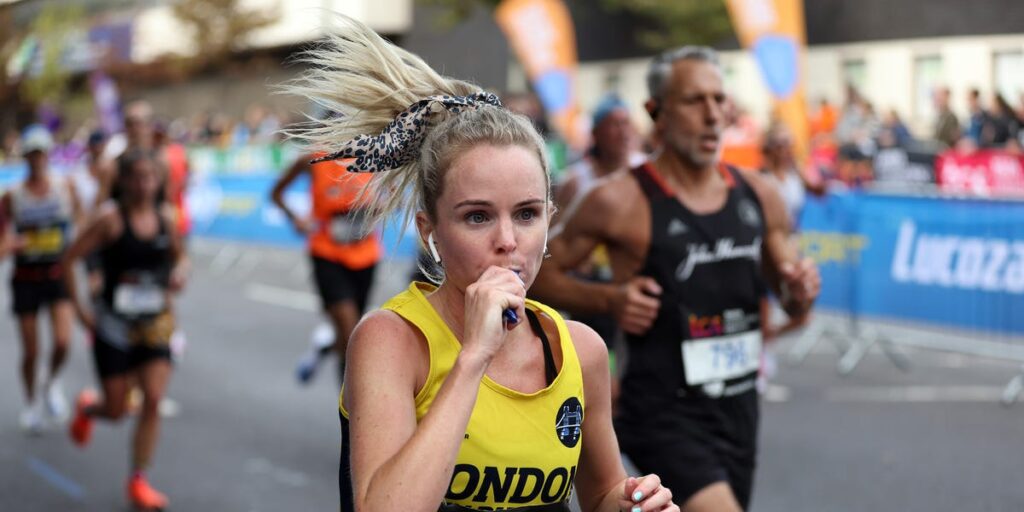As spring approaches, many runners prepare for the challenge of completing 26.2 miles, whether it’s at the renowned London Marathon or another event. One of the most critical aspects of training for a marathon is proper fueling, allowing athletes to maintain their energy levels throughout the race. Many runners have likely experimented with various energy sources—including gels, chews, sports drinks, and even real food—during their long training runs to find the most effective options.
However, with race day approaching, it’s essential for runners to also test their race-day nutrition strategy. This includes gauging how many gels you might need and determining an effective hydration plan. Planning ahead can significantly affect performance, as failure to maintain adequate nutrition and hydration can lead to hitting the proverbial “wall” or experiencing symptoms of dehydration, such as dizziness and gastric distress.
Understanding the Importance of Proper Fueling
Fueling correctly during a marathon can greatly impact the overall experience. Energy intake is paramount; a proper nutrition strategy ensures that runners have energy available throughout the race, helping them avoid complete physical exhaustion when tackling late mileage. Dehydration can exacerbate fatigue and lead to serious health risks; thus, maintaining a consistent intake of fluids and electrolytes is equally crucial.
How Many Gels Should You Take?
Carbohydrates serve as the body’s primary source of energy during extended physical activity. Experts recommend consuming around 30-60 grams of carbohydrates per hour for the first three hours of running, then increasing it to approximately 60-90 grams for the remainder. To ensure adequate energy, runners should familiarize themselves with various carbohydrate-rich options, such as energy gels and sports drinks, and learn how to determine the precise amount needed during the marathon.
Hydration Tips for Marathon Success
Staying properly hydrated is essential for marathon runners. Runners should aim to drink between 300ml to 800ml of water per hour, depending on factors such as sweat rate and the environmental conditions. It’s advisable to start hydrating early, consuming fluids in the hours leading up to the race and ensuring that water intake continues during the event. Using electrolyte tablets can further assist in maintaining hydration and muscle function throughout the run.
Avoiding Stomach Issues During a Marathon
Many runners experience gastrointestinal distress during races, which is often attributed to the consumption of gels and similar products. However, it’s frequently misreported that the gels are the primary culprits. Instead, a sodium imbalance often exacerbates stomach issues. Staying well-hydrated and consuming carbohydrates in appropriate amounts can mitigate these symptoms and help maintain digestive comfort during a long run.
Pre-Marathon Nutrition Strategies
Preparing for a marathon goes beyond just fueling during the race. The meals leading up to the event play an equally essential role. In the days before the race, adopting a carbohydrate-loading strategy is advisable, which entails consuming more carb-rich foods while keeping other macronutrients to a minimum. A pre-race meal should be filled with carbohydrates but low in fiber and fat to avoid digestive issues on race day. A simple pasta dish with tomato sauce, or rice with some protein like chicken, can serve as effective options for fueling this crucial period.
The Role of Routine
Ultimately, the key to a successful marathon lies in consistent practice and nutrition education. This includes trying out various fueling strategies during training runs to identify what works best for you, ensuring no new products are introduced on race day. Establishing good habits early will lead to greater success in managing nutrition and hydration during the marathon, resulting in a more enjoyable running experience.
